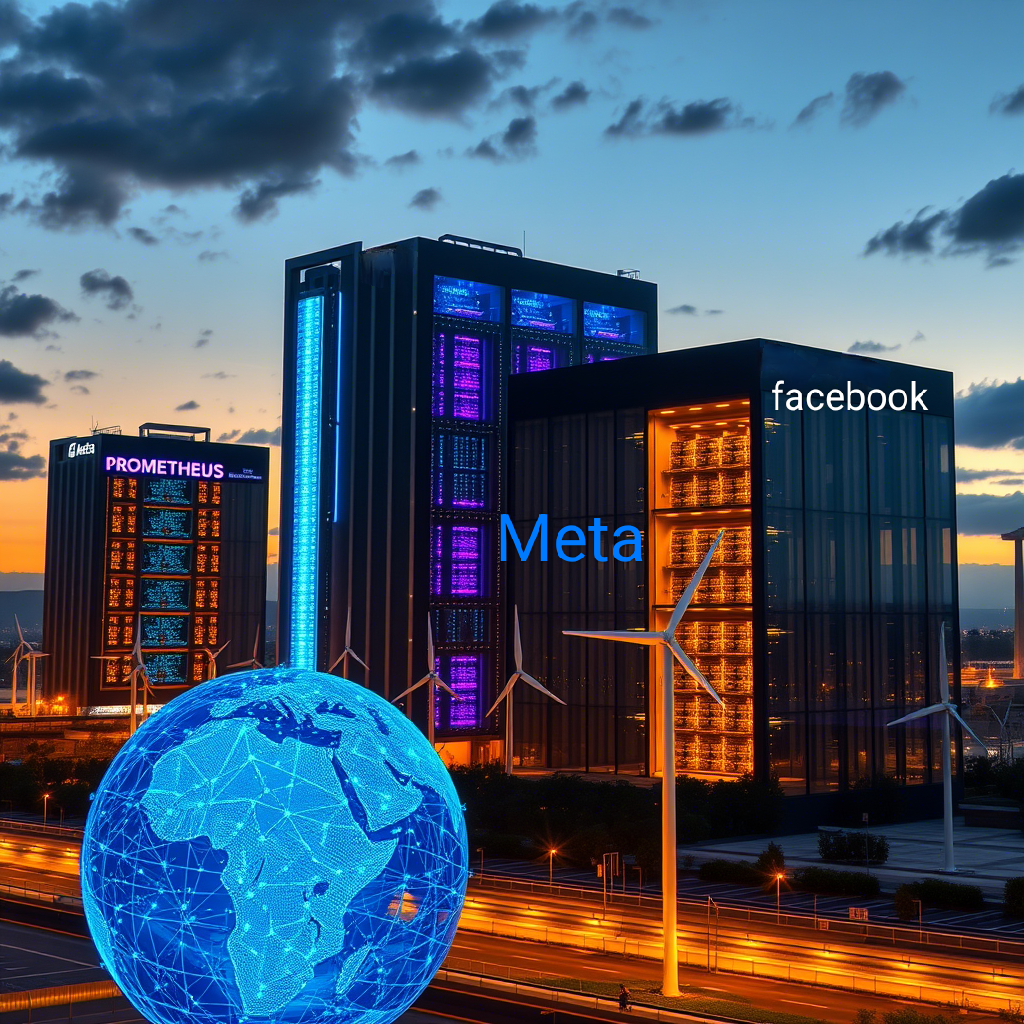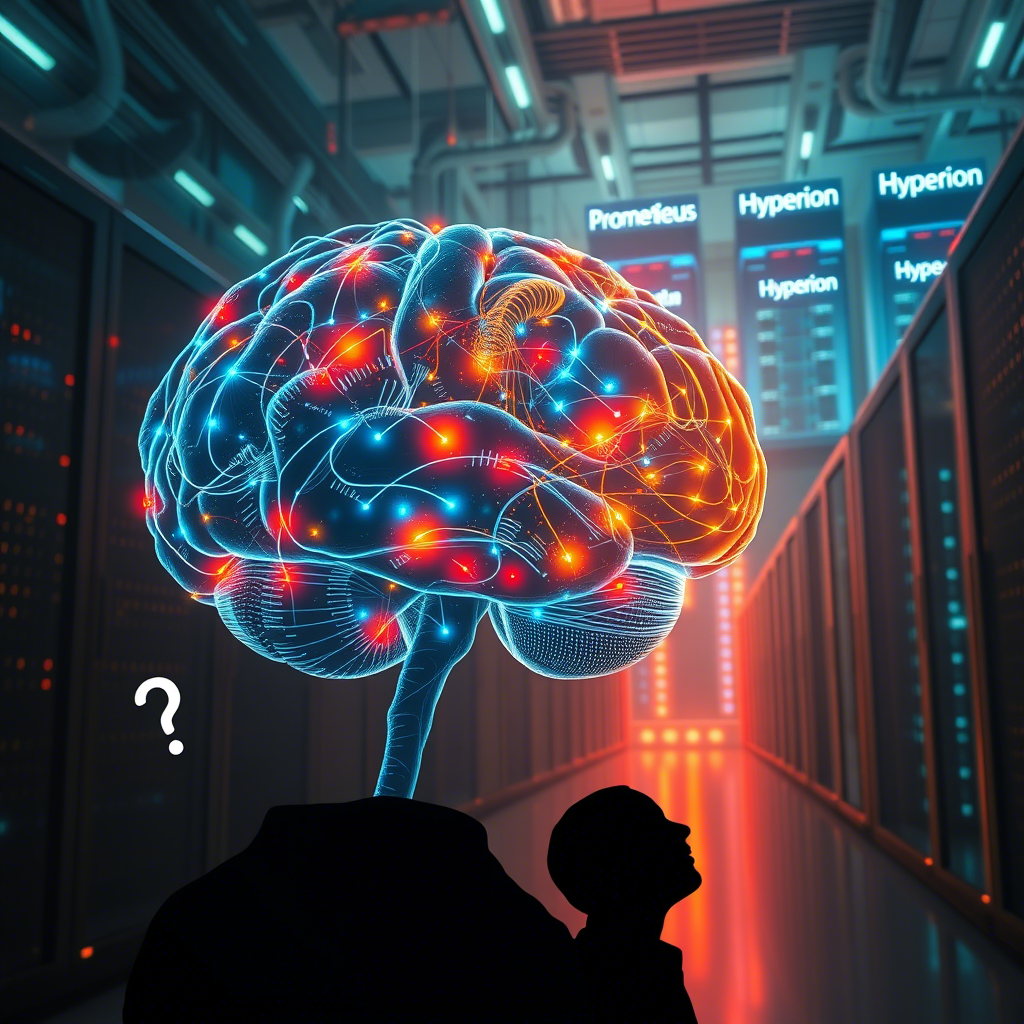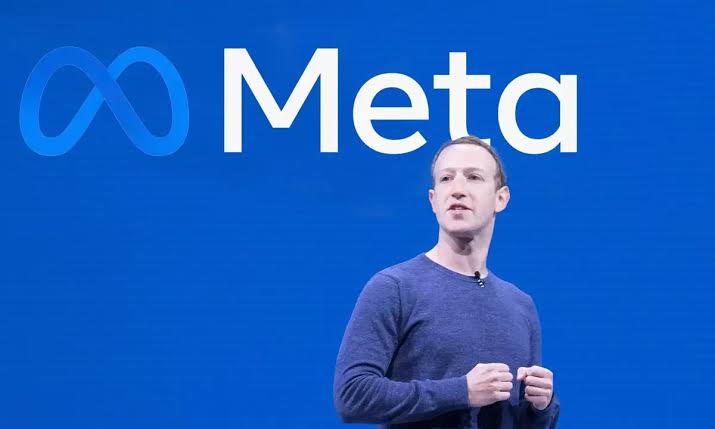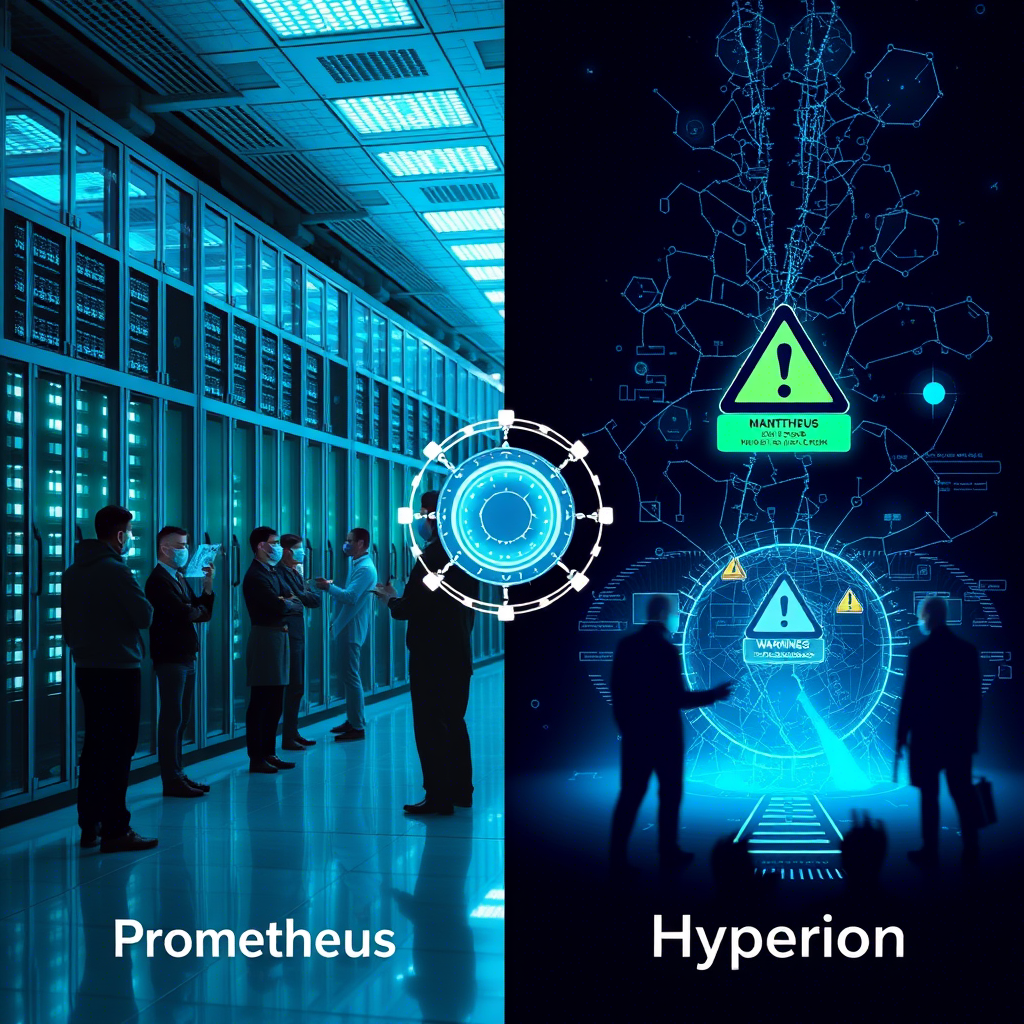Meta Platforms announced on July 15, 2025, a staggering investment of hundreds of billions of dollars to construct multiple AI data centers, named Prometheus and Hyperion. This ambitious initiative, spearheaded by CEO Mark Zuckerberg, aims to propel Meta’s pursuit of superintelligence—AI systems capable of surpassing human cognitive abilities across a wide range of tasks. The announcement, which has sent ripples through the tech industry, signals a strategic pivot for Meta, intensifying its competition with rivals like OpenAI, Google, and xAI while raising critical questions about ethics, resource allocation, and the future of AI development.

The Prometheus and Hyperion data centers are envisioned as state-of-the-art facilities designed to power Meta’s next-generation AI models. These centers will leverage cutting-edge infrastructure to support the computational demands of training and deploying superintelligent systems. According to Zuckerberg, the goal is to create AI that can not only enhance Meta’s existing platforms—such as Facebook, Instagram, and WhatsApp—but also revolutionize industries ranging from healthcare to education by enabling breakthroughs in problem-solving and innovation. “We’re building for a future where AI doesn’t just assist but transforms how we interact with the world,” Zuckerberg stated during the announcement.
This investment comes on the heels of a significant reorganization within Meta’s AI division, which has been bolstered by an aggressive recruitment drive to attract top talent from competitors. The company’s shift toward superintelligence marks a departure from its earlier focus on open-source AI models, such as LLaMA, which were widely shared with the research community. Sources indicate that Meta is now prioritizing proprietary, closed-source systems to maintain a competitive edge, a decision that has sparked debate among AI researchers and advocates of open-source development. Critics argue that this move could stifle innovation and limit access to transformative technologies, while supporters contend it’s a necessary step to safeguard intellectual property in a fiercely competitive landscape.

The scale of Meta’s investment is unprecedented, dwarfing previous AI infrastructure commitments by other tech giants. The Prometheus and Hyperion projects are expected to create thousands of jobs and drive advancements in hardware, including custom AI chips designed to optimize performance and reduce energy consumption. However, the financial and environmental costs of such massive data centers have raised concerns. Industry analysts estimate that the energy demands of these facilities could strain global power grids, prompting Meta to pledge investments in renewable energy to offset their carbon footprint. Still, environmental groups have called for greater transparency on the ecological impact of these projects.
Ethical questions loom large over Meta’s superintelligence ambitions. The pursuit of AI that surpasses human intelligence has long been a topic of intense debate, with concerns about unintended consequences, such as loss of human control or exacerbation of societal inequalities. Recent discussions on platforms like X highlight fears that superintelligent systems could be misused or lead to unforeseen societal disruptions if not governed responsibly. Meta has acknowledged these concerns, promising to establish an AI ethics board and collaborate with regulators to ensure safety and accountability. However, skeptics argue that the company’s track record on data privacy and content moderation raises doubts about its ability to manage the risks of superintelligence effectively.

The announcement also intensifies the AI arms race, as companies like OpenAI, backed by Microsoft, and xAI, with its Grok 3 model, vie for leadership in the field. Meta’s pivot to superintelligence could reshape its competitive positioning, but it faces challenges, including the need to integrate these advanced systems into its consumer-facing platforms without alienating users wary of AI’s growing influence. Additionally, the talent war in AI research remains a hurdle, with Meta reportedly offering substantial incentives to lure experts from rivals.
As Meta embarks on this transformative journey, the tech world watches closely. The Prometheus and Hyperion data centers could herald a new era of AI-driven innovation, but they also underscore the complex interplay of ambition, ethics, and responsibility in the quest for superintelligence.

Whether Meta’s gamble will yield groundbreaking advancements or unintended consequences remains to be seen, but one thing is clear: the stakes have never been higher.
Copyrights: Dhaka ai



